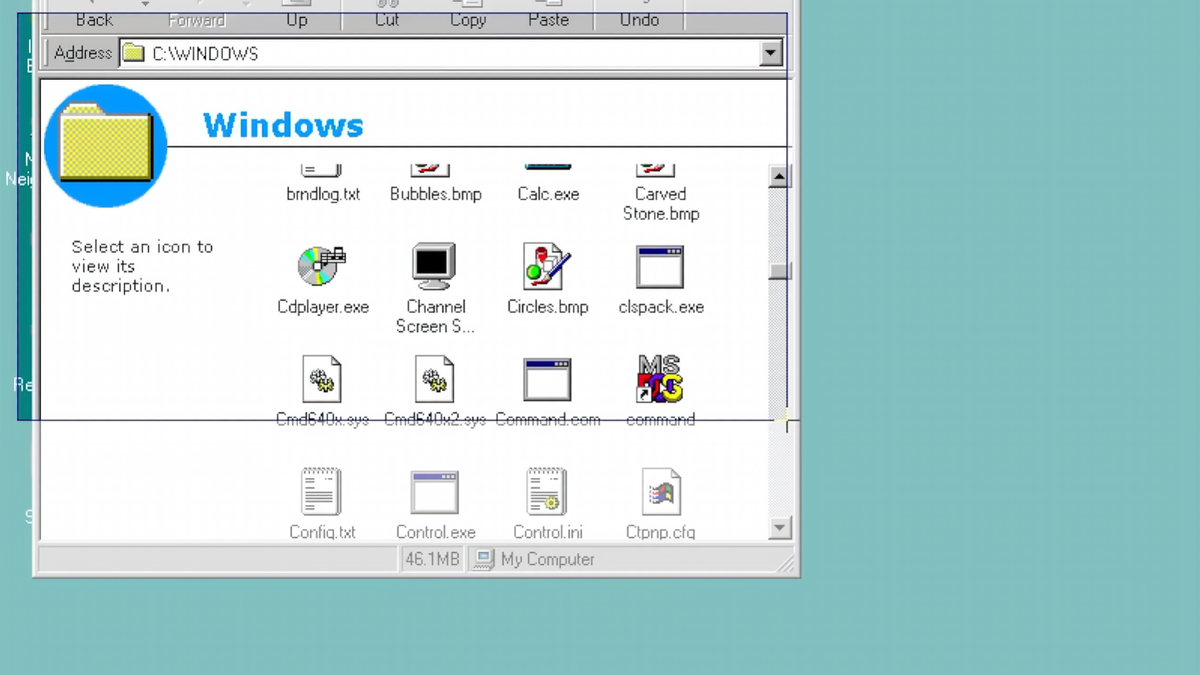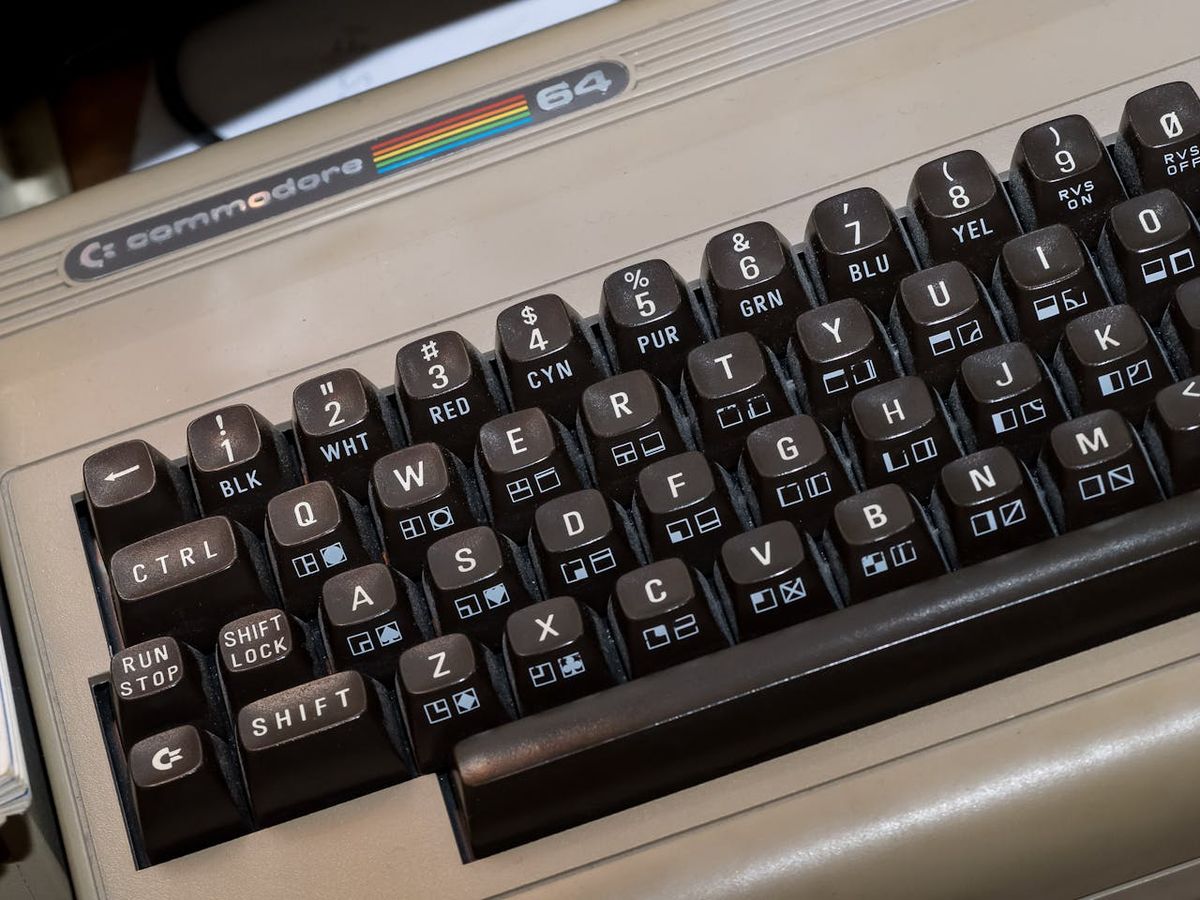Wipeout was an incredible game at the time, and this comes from a F-Zero guy. I loved the feeling of how the ships seemed to float over the track..., if F-Zero could imitate that it'd be even better. I had the MS-DOS version of Wipeout at the time, and ever since I liked Wipeout like games, but without the weapons. The last one I got is Pacer. F-Zero speed with Wipeout camera, physics and sense of gravity would be ideal F-Zero game.What I find outstanding is how well Wipeout aged. There is something about it's style, sound and motion that compose a more pleasing aesthetic compared to the modern wipeouts and similar games.
The environments have elements of believability and groundedness compared to the overdone futuristic sterile looks of the new games. There is an identity vs the generic futuristic designs of Wipeout Omega. The logo designs and weapon icons are much more pronounced as part of the game's identity. It has Designers Republic talking to you.
The sound effects, such us the boost, the weapon acquisition, the warning and starting voice , the collision effects, are very unique, stylized and much more fitting with the whole theme and composition. The music is varied and stylish, fully describing the theme compared to the generic, mainstream beats found in newer games.
The ships have a more realistic control and much more believable physics. The ships physics give the impression of wind and gravity were the pilot is fighting with forces of nature. Like how Gran Turismo would have been if anti gravity racing became a thing. The new Wipeout games don't convey that. The ships are just floating as if they are on ice and on a flat rail.
There is also a very interesting detail with the camera work. The camera doesn't stick behind the ship. The ship gets off center on different parts of the screen while the camera follows the track, farther adding to the experience and also creating an atmosphere of the observer of the whole game as a composition of sound, motion and visual effects
Another game of the video John mentions is Ridge Racer. I played Ridge Racer and Ridge Racer 64 via emulation quite a few years ago.
Ridge Racer was sooooo addictive, and as I mentioned many times, they got it right. Any car you unlocked meant you were doing a significant advance.
A new car meant having the possibility to beat some tracks that were difficult until then.
This is where games like Forza are so boring in comparison. You end up having a garage filled with a lot of cars they give you away that you never use and they aren't exciting to unlock, 'cos you unlock so many cars and there is no story to it. Just play events and unlock cars left and right.
The progression of Ridge Racer games was super well thought out. That's something that seems to be underrated, but there are roguelike games that get it right nowadays, like Vampire Survivors or Army of Ruin, where any unlock is really important.
Last edited:




